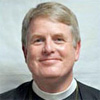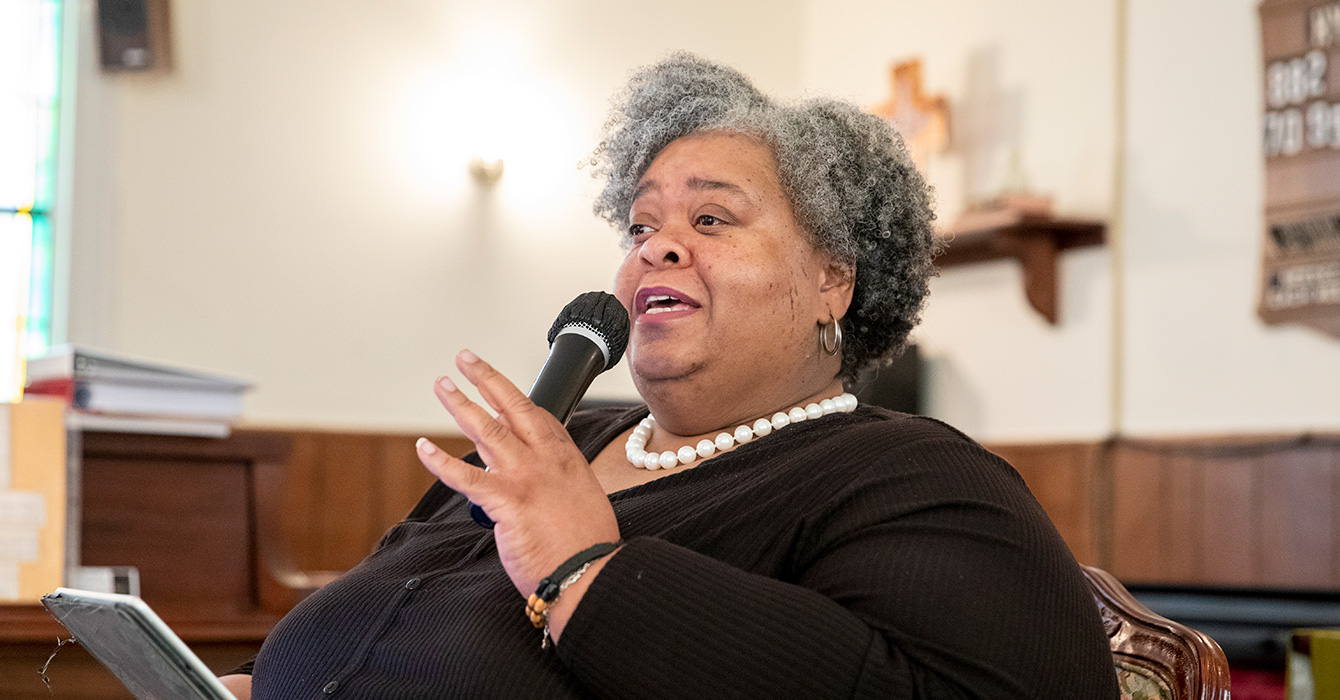Assumptions are necessary. We can’t have coherent thoughts about the world without assuming certain things. Sociologist Peter Berger calls these “plausibility structures” -- building blocks by which we seek to understand the world around us. Acknowledged or not, we all have plausibility structures (e.g., Social Darwinism, Capitalism, Socialism, Utilitarianism, Utopianism, Nihilism) by which we make sense of the world. They form the background or structure by which we assume various things about human nature and human destiny, or whether a particular way of life is plausible (or defensible). We Christians, of course, rest our faith on the plausibility structure revealed to us, namely that God is reconciling the world through the life, death and resurrection of Jesus Christ.
But while assumptions are necessary, we must be careful not to arrive at them too quickly or without critical reflection and information. When Anders Behring Breivik recently massacred his fellow Norwegians, many people assumed it was Muslim extremists who had committed the evil. “Al Qaeda Massacre: Norway's 9/11” was the banner headline the next day in Britain's best-selling tabloid “The Sun.” Many bloggers and news organizations in this country quickly assumed the same thing.
Sometimes assumptions are based on life experience. In May, Toronto Police Constable Michael Sanguinetti gave a talk on public safety to a group of law students in Toronto. During his talk he said: "You know, I think we're beating around the bush here. I've been told I'm not supposed to say this -- however, women should avoid dressing like sluts in order not to be victimized." Constable Sanguinetti, while not being quick to assume, nevertheless arrived at the conclusion that assumed women invited sexual assault if they dressed that way. Now I’m not defending immodest clothing, but Constable Sanguinetti bought into the plausibility structure that blamed the victims of sexual assault rather than the men who assaulted them. How did he arrive at such an assumption? My hunch is his life experience created the building blocks for him to assume such a thing.
David Dark, in his wonderful book, “The Sacredness of Questioning Everything,” tells how Flannery O’Connor wrote about people who understood their religion as an electric blanket. It was warm and cozy. It could always be relied upon to avoid the truth of the matter. As an antidote to this religion-as-sentimentality, O’Connor saw the Christian faith more as the cross-as-costly-engagement-with-the-world. This compels the disciple to enter into what is wrong with the world rather than gloss over it. O’Connor’s faith made her more truthful and more determined to see things as they are, free of false assumptions.
Our discipleship should be mature enough and our faith confident enough for us to critically question our assumptions about life. This does not make us agnostic (literally, “against knowing”). Actually, it opens for us the true life of faith -- faith in God alone and not the various “isms” that so often form unconscious plausibility structures that have little to do with faith in Jesus Christ.
Jesus asks, "Who do you say I am?" Read one way, that's an invitation to question the most fundamental assumption necessary to faithful life and spiritual discipline.
Scott Benhase is the Episcopal Bishop of the Diocese of Georgia.








